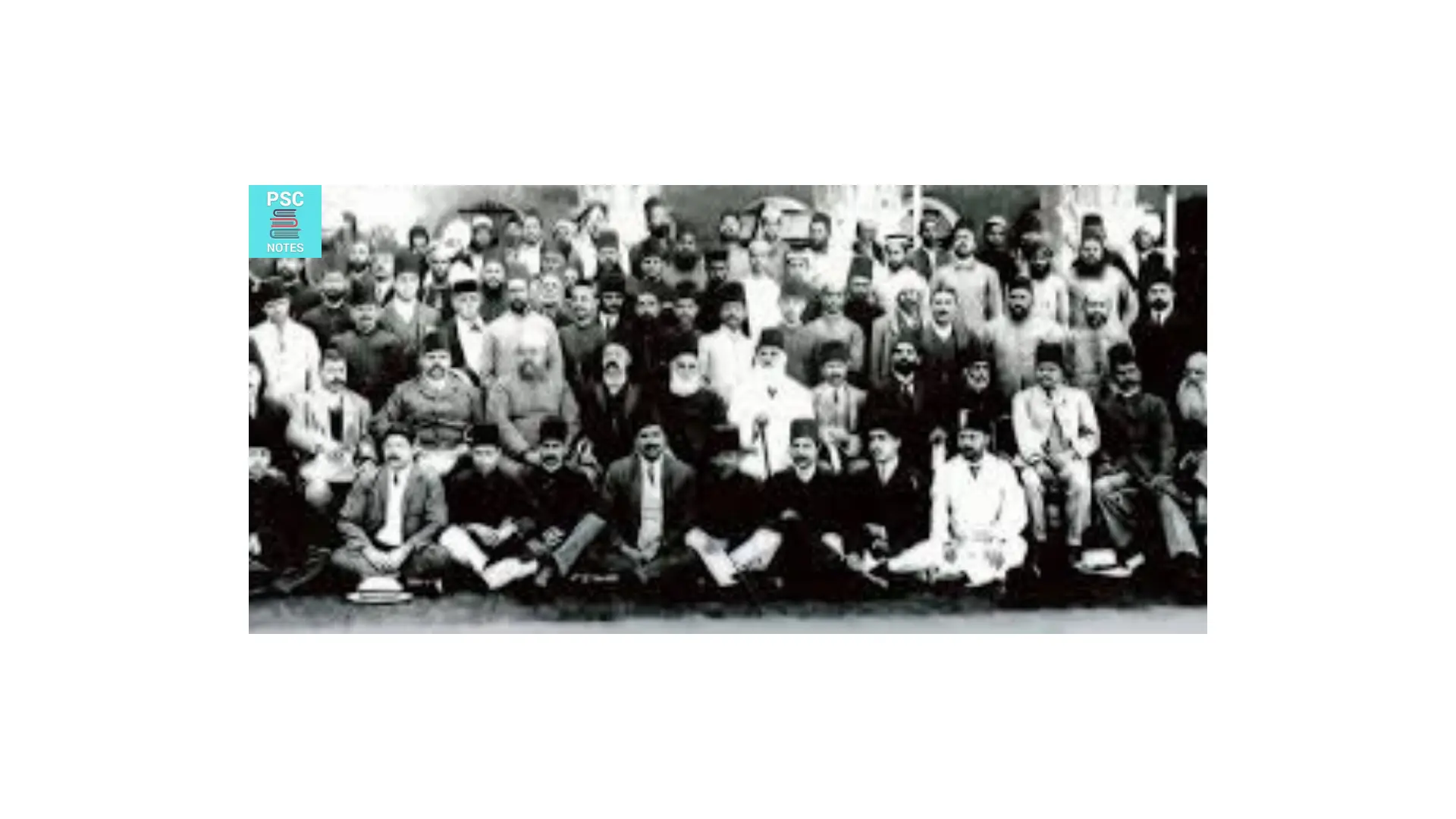Kalaripayattu
Kalaripayattu: The Ancient Martial Art of Kerala Introduction Kalaripayattu, an ancient Indian martial art form originating in the state of Kerala, is a testament to the rich cultural heritage and martial prowess of the region. This unique art, steeped in history and tradition, transcends the boundaries of mere combat techniques, encompassing philosophy, spirituality, and a … Read more
